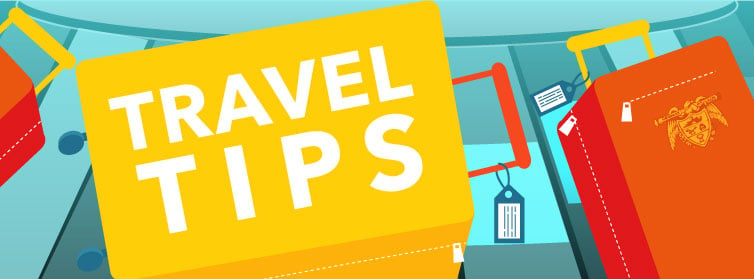One of the most important things to think about when you travel is the method you’ll use to navigate to and from the airport. Some people with disabilities may choose not to travel overseas because they are aware that there are no wheelchairs accessible at the airport, or because it is impossible to get around on public transportation without assistance. However, if you must travel overseas, then there are some tips and tips you can employ to make your travel as simple (and convenient) as possible.
Airports: If you find yourself in a foreign location and you are not familiar with the area, it is likely that the first thing you will need to do after getting to the airport is figured out the best way to get to the place you’re staying. This is among the places in which wheelchairs are extremely useful particularly in airports in other countries where there is a chance that you don’t be able to speak the local language. It’s also vital to know if your destination country has ATMs that can work with the bank’s credit cards, in order to have cash available when you land.
Transportation Between Airports: Some people have no other choice than to fly to their desired country, but you may be able to catch trains or drive. This is a more suitable option for those with disabilities rather than flying because there is no need to fret about whether the airport is able to allow wheelchairs. It’s helpful to know the road conditions in your destination the country before driving.

Finding a taxi It may be difficult to know where the taxi stand is or how to use taxis once you’ve arrived there, however it is a lot easier if you own a wheelchair this will make it much easier. Renting a wheelchair for the duration of your journey is advisable if your wheelchair causes problems in narrow spaces.
Behaviours: These are the most important points to know prior to going abroad. It’s not just about what you do and say and how you act that could be the cause of offense. When someone says something to you, you must not look at them and shake your head as if you agree with their words. Additionally, you should be aware of the dress code of the country you’re visiting, and adhere to it even if you think someone is breaking any social conventions. You must ensure that you’re not being monitored and you don’t speak out loudly about private information. People will often reveal information for the sake of being listened to.
Make use of assistive technology. Technology has made it possible for those with disabilities to travel around the world, specifically people who are hard-of-hearing, or deaf. A program like DeafinFollow for iOS it’s available on iOS and Android, will help you find out more about the local customs and practices and what’s considered offensive in the country where you’re headed. It’s recommended to carry along an universal translator, such as the Babble Band, which you wear on your wrist and speak directly into. With this device, you’ll be able translate what somebody else is saying, even if it’s inaudible.
Cultural Norms: Prior traveling abroad, it is essential to be aware of the culture of the area you will be visiting. Understanding how businesses operate in that area is useful, especially when it comes to negotiations and expressing your true feelings. In some countries, when you smile too often, others may consider it an act of insincerity.
For best travelling tips, click government house hobart
Getting Around: Many times when it comes to getting around locations with disabilities It’s not just about the destination , but rather the journey getting there. It is crucial to know the process of getting there and what accommodations or assistance might be available. Take a tour with someone who’s been to your destination before, as they will be able to demonstrate the region and explain local habits.
People With Disabilities: It’s vital to know the type of people you’ll encounter prior to making the trip abroad. If you suffer from hearing loss and are traveling to a location where the majority of the population speak a different language it’s best to travel with one who is proficient in that language or to use an app that can translate.
Make sure you do your research prior to when you leave: It is important to do your study about the destination well in advance when planning a trip abroad with handicap. This will provide all the information that you need to know about what accommodations or assistance is available. It is also important to research the people you’ll meet and how they behave in specific situations. It is possible to study the costs and other resources that are available for handicapped people.
It isn’t easy to travel abroad. However, it’s important to consider all the factors that can make your travel more difficult. You must always do your study ahead of time what you’ll need to know about the destination you are visiting and how to navigate around in the event that you suffer from a particular type of disability. It’s also helpful to prepare before leaving where possible so that you don’t encounter any unpleasant surprises traveling away from home.
No matter if you’re traveling on your own or with a companion; being prepared will enhance your travel experience.
